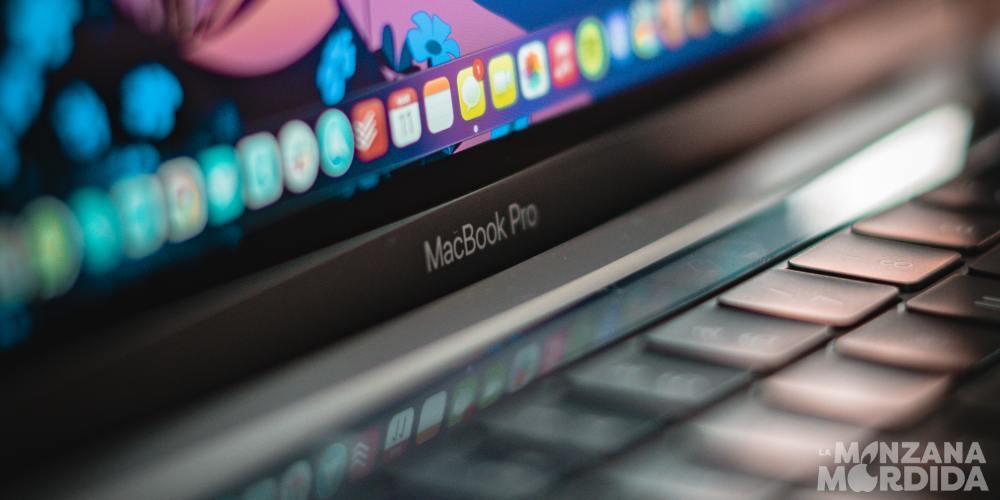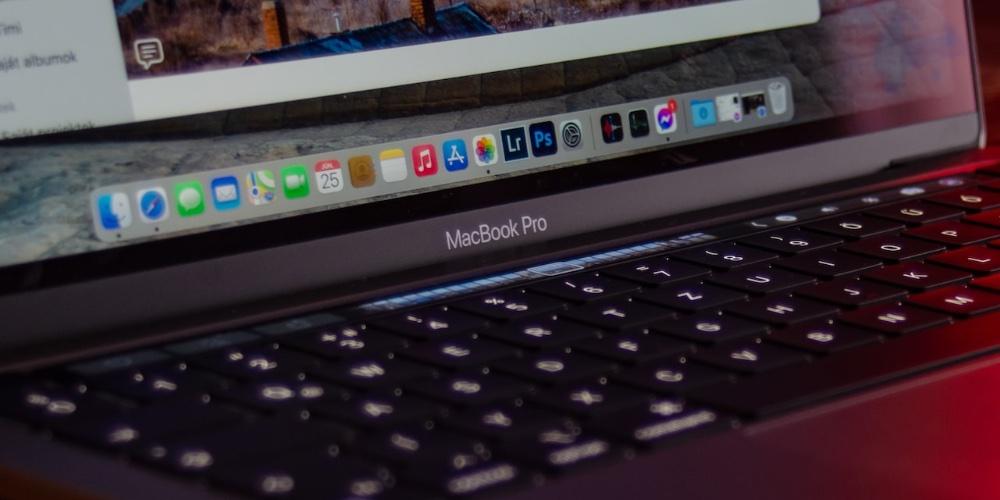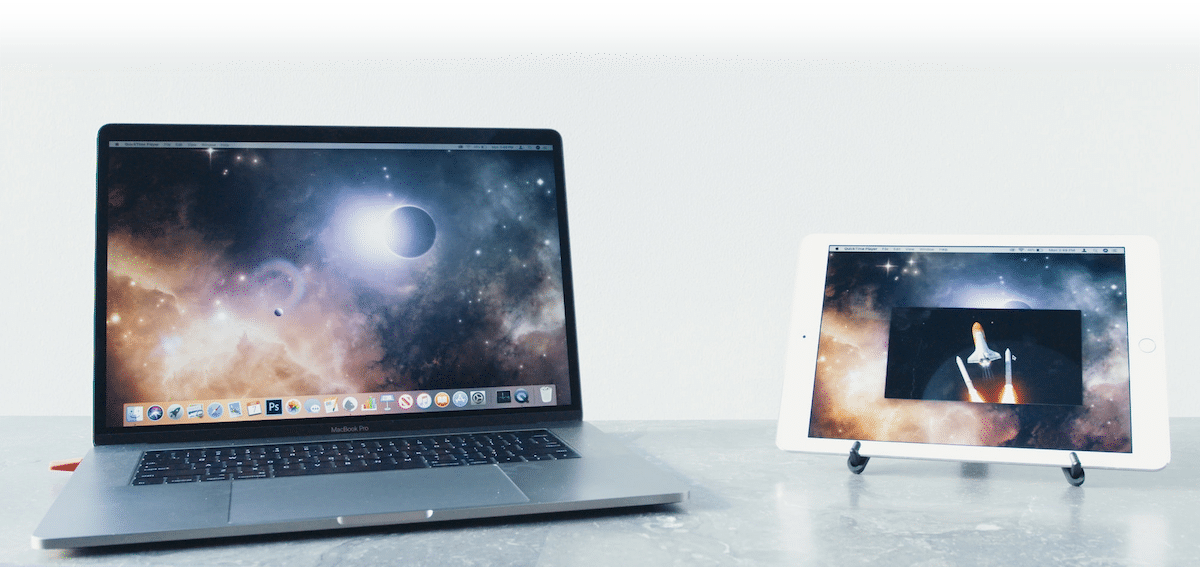
Since the launch of Apple Silicon in 2020 for the 13-inch MacBook Air, Mac mini and MacBook Pro, Apple has indicated that the transition period would be two years, for the definitive consolidation of Silicon and the end of Macs with Intel . Recently, the second generation Silicon has been presented, so it is possible that Apple is close to completing its transition. Therefore, the question is obvious: Can Apple drop support for Intel’s latest MacBook and iMac chips?
concluding the transition
In June 2023 Apple will present the third version compatible with chips from Intel and Silicon. However, Apple has ruled out the launch of an MX Extreme chip and has already released the second version of the M2, Pro, therefore, Could it be said that Silicon have reached maturity?
The answer may be Yeah, because the performance of the chips both in terms of performance, efficiency and autonomy It is one of the best on the market, so the new versions of macOS can seek to improve the performance of their own processors, looking for the perfect synchrony that occurs on the iPhone.
As a consequence, Apple may decide to dedicate fewer resources to the maintenance and support of hardware and previous models with Intel chips, because the functions best optimized for Silicon begin to have a performance worse in chips of previous generations and, being a sufficient reason for a computer that is 4 years old to have a so short update cycle. Also, if end of support is confirmed, the 2020 iMac would only have a three-year cycle.
Intel-derived issues
One of the main advantages of Apple Silicon chips is that the company has full control over their architecture and design. This allows them to optimize hardware and software to deliver better performance and energy efficiency. In the case of Intel chips, Apple is subject to design decisions and updates from the outside company, which could make it difficult to optimize its operating systems and applications for models with Intel chips.
Not receiving any type of hardware updates from Intel may cause Apple to lose the optimization and customization capabilities that it installed in each version of macOS for that processor, which can impair the performance of the computer. If we add the fact that Apple’s transition is approaching its Third year, it may be a good reason for Apple to decide to stop providing support beyond macOS Ventura.
The benefits of Apple Silicon
The first and second generation Silicons have security and data protection features such as the Secure Enclave, which provides real-time encryption and secure authentication. As Apple continues to improve the security of its devices, models with Intel chips may become obsolete in terms of data protection and security. This could be another reason why the company might decide to stop supporting these models.
Apple also knows the performance difference between its own chips and Intel’s chips, so you can look for a strategy similar to what you do in the iPhone: the same chip for all devices, that is, MacBook Air, Mac mini, iMac and MacBook Pro but improving the performance of its chips depending on the market segment and product. Therefore, removing support for Intel chips could be a further step towards consolidating this unified experience in its ecosystem.





